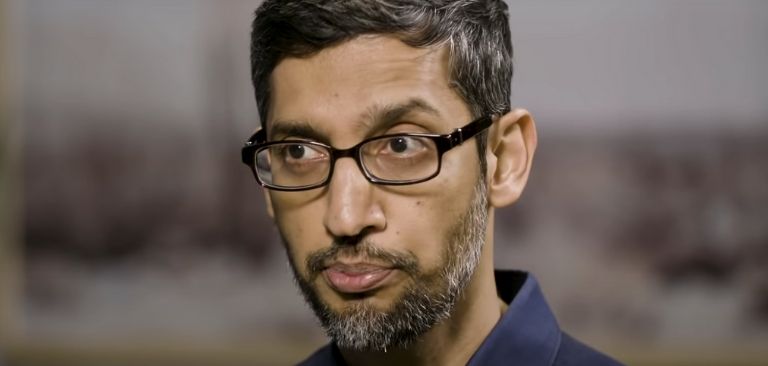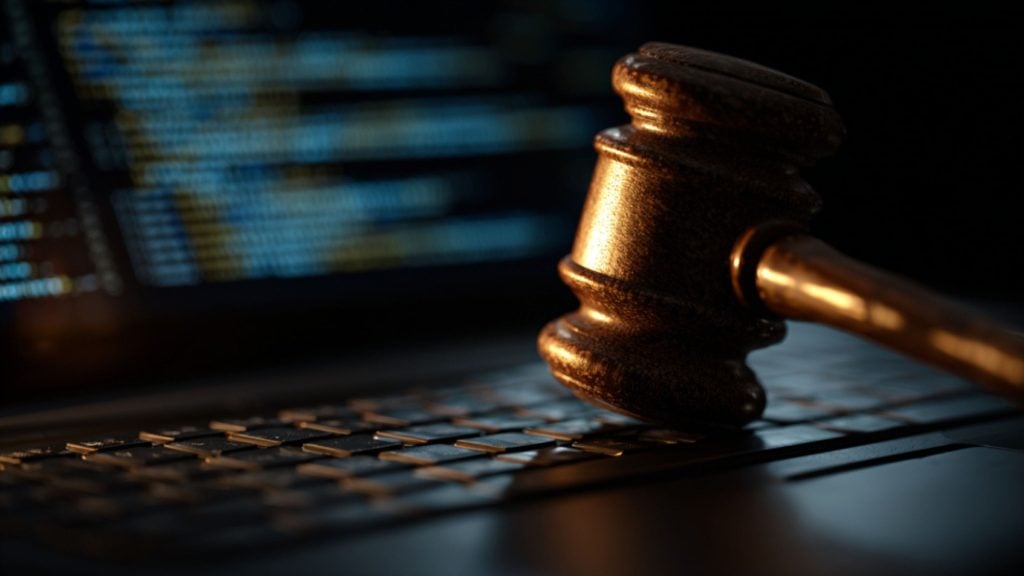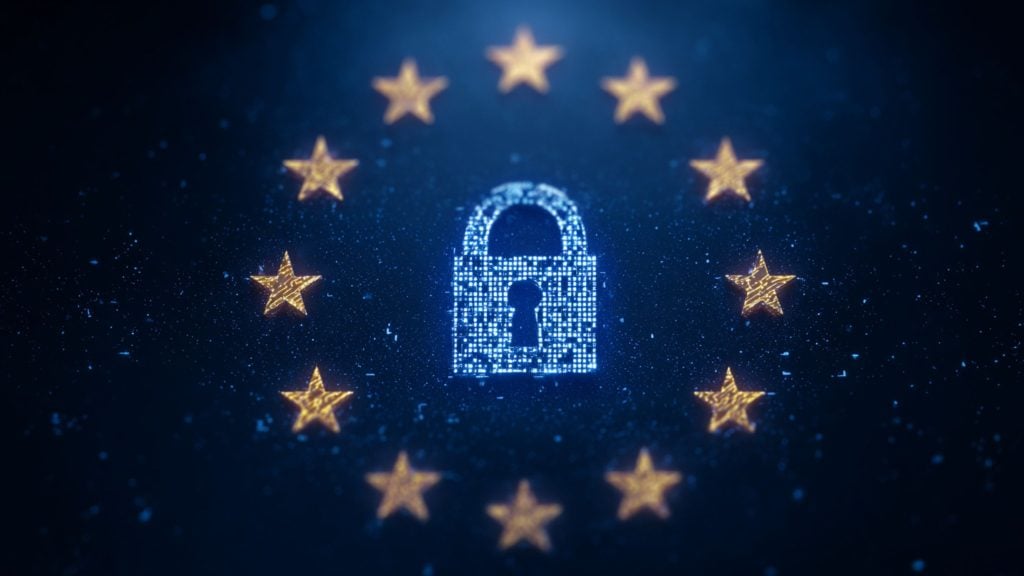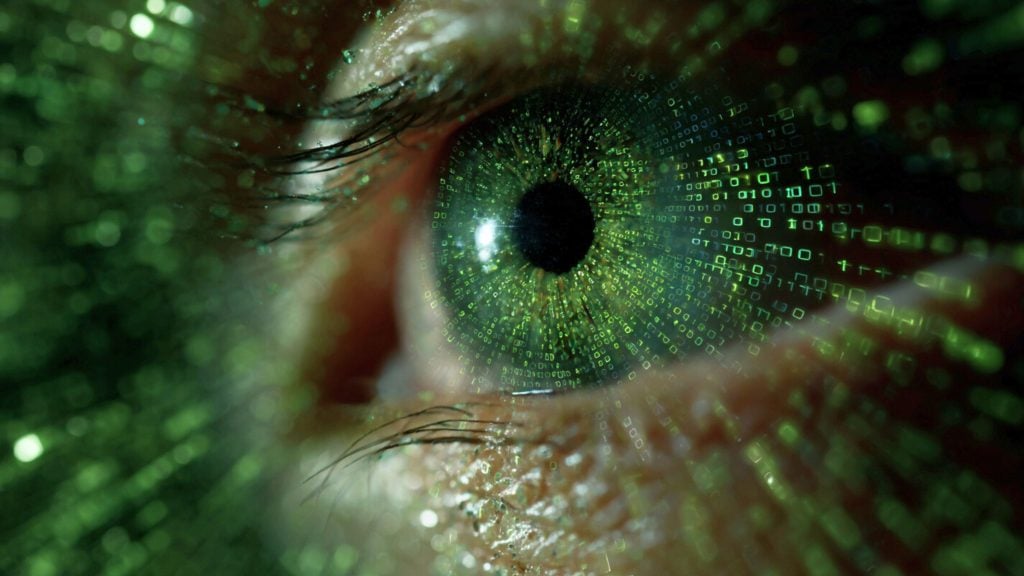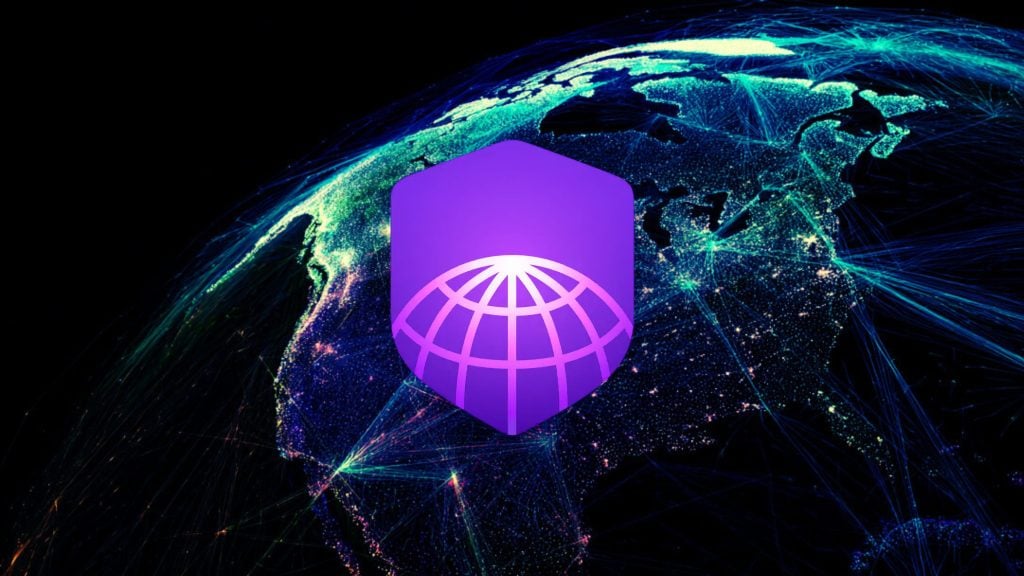During the coronavirus saga, Big Tech is on the offensive, trying to restore its standing among media and political elites by earnestly promoting their narratives about the crisis – and, along the way, rebranding the practice of tracking people through their phones as something positive.
Time magazine has an article about Google (Alphabet) CEO Sundar Pichai’s take on the situation. (The magazine also makes a bold claim that Google and Apple are collaborating “to turn smartphones into contact-tracing devices” – as if that’s not what these devices have essentially been for a long time.)
As for Pichai, he is pitching his trillion-dollar company as a source to which “citizens and governments alike” are turning to in this time of crisis. Google’s main “contribution and donation?” Improved tracking tech.
But that’s not all, because how information is controlled at this time is also very important, and Big Tech is in a great position to deliver on this point as well.
The trust that Google itself enjoys is not a subject Pichai is willing to touch. Instead, he goes for reiterating that concept that has no inherent, objective value: trustworthy (i.e., authoritative) institutions and sources.
The “trusted” institutions and media organizations Pichai refers to aren’t so trusted in the real world – in fact, trust in them has dropped to an all-time low. But parroting the phrase over and over helps Google greatly in justifying why it is relentlessly promoting its big partners over on YouTube, for example, while at the same time censoring smaller and independent creators.
Pichai says: “For me, supporting trustworthy institutions and sources has always been critical.”
He’s also aware that when they are scared, people tend to think less clearly and critically. This is his way of expressing it, suggesting the opposite of what most people feel at the moment:
“In some ways, that’s easier right now because there is a shared sense of what is objectively right.”
While the statement is rather closed minded, it does give some indication as to why Google and YouTube have been making such strident decisions recently (Google is in such a bubble, it thinks it’s right) and Pichai is also careful not to say that the content Google is heavily promoting are the actual facts: it’s just a way to “converge on facts” by “looking to” scientists and health authorities.
But we fear that by the time “noble” data collecting work has been done – the pandemic will be over, while surveillance technology honed during the pandemic will be here to stay. And presumed authoritativeness of information sources will continue to be a crutch used by Google to rationalize its behavior.

